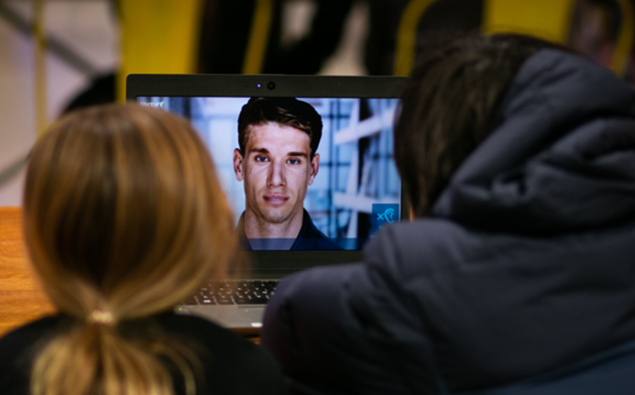
While the start of a new school year is always exciting, this year was even more so for some elementary school students in Auckland, New Zealand. They became the world’s first kids to be “taught” by a digital teacher. Before you start imagining a human-like robot walking around the classroom, Will is just an avatar that pops up on the student’s desktop, tablet, or smartphone screen, when summoned.
A collaboration between Auckland energy company Vector and AI company Soul Machines, the autonomous animation platform has been modeled after the human brain and nervous system, allowing it to demonstrate human-like behavior. The digital teacher is currently assigned to teach Vector’s “Be sustainable with energy,” a free program for Auckland elementary schools. Launched in 2005, the award-winning outreach program, previously taught by humans, is designed to educate kids about energy use, and the different forms of renewable energy such as solar, wind, and geothermal.
Just like the humans it replaced, Will is able to instantly react to the students’ responses to the topic. Thanks to a webcam and microphone, the avatar not only responds to questions the kids may have, but also picks up non-verbal cues. For instance, if a student smiles at Will, he responds by smiling back. This two-way interaction not only helps capture the students’ attention, but also allows the program’s developers to monitor their engagement, and make changes if needed.

Vector’s Chief Digital Officer, Nikhil Ravishankar, believes that Will-like avatars could be a novel way to grab the attention of the next generation. He says, “Using a digital human is a very compelling method to deliver new information to people, and I have a lot of hope in this technology as a means to deliver cost-effective, rich, educational experiences in the future.” Greg Cross, the Chief Business Officer of Soul Machines, asserts that kids who have grown up in this smart device era adapt to new technology quickly, and he is eager to develop the concept of digital humans in the area of education further.
The program, in place since August 2018, has been a great success thus far. Ravishankar says, “What was fascinating to me was the reaction of the children to Will. The way they look at the world is so creative and different, and Will really captured their attention.” However, regardless of how popular it becomes, Will is unlikely to replace human educators any time soon. For one, the avatar’s knowledge base is severely restricted. But more importantly, even the smartest digital avatars could never anticipate and react to all the unexpected situations that educators have to deal with on a daily basis. However, it could come in handy as a “personal tutor”, providing kids with one-on-one help on specific subjects or even topics.
Resources: educationcentral.co.nz, newsroom.co.nz
